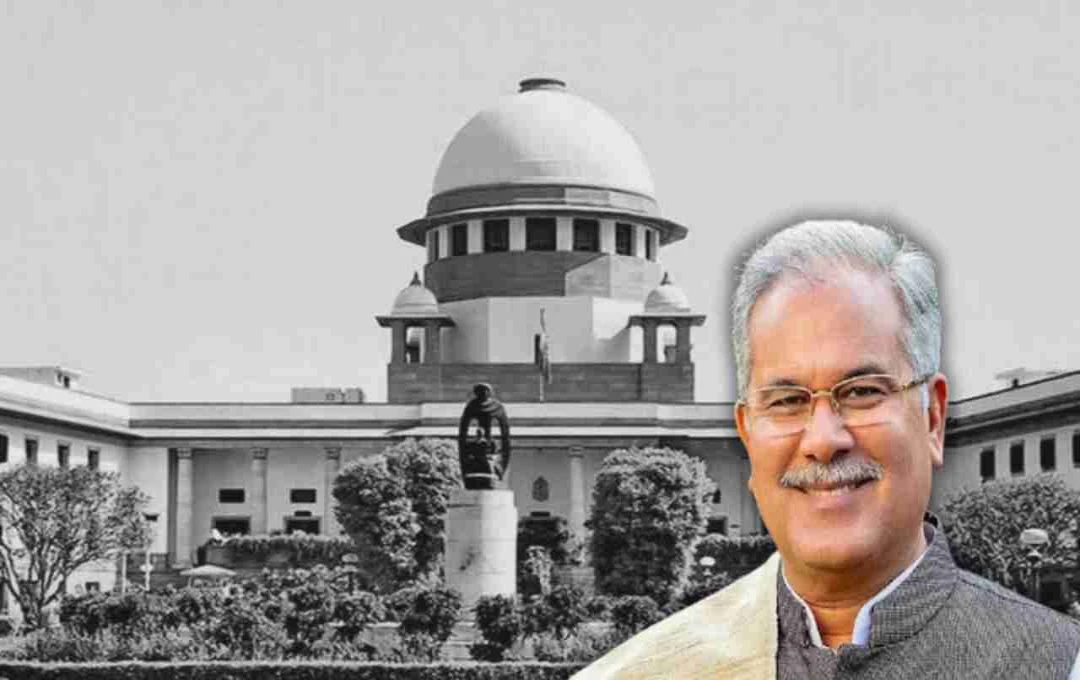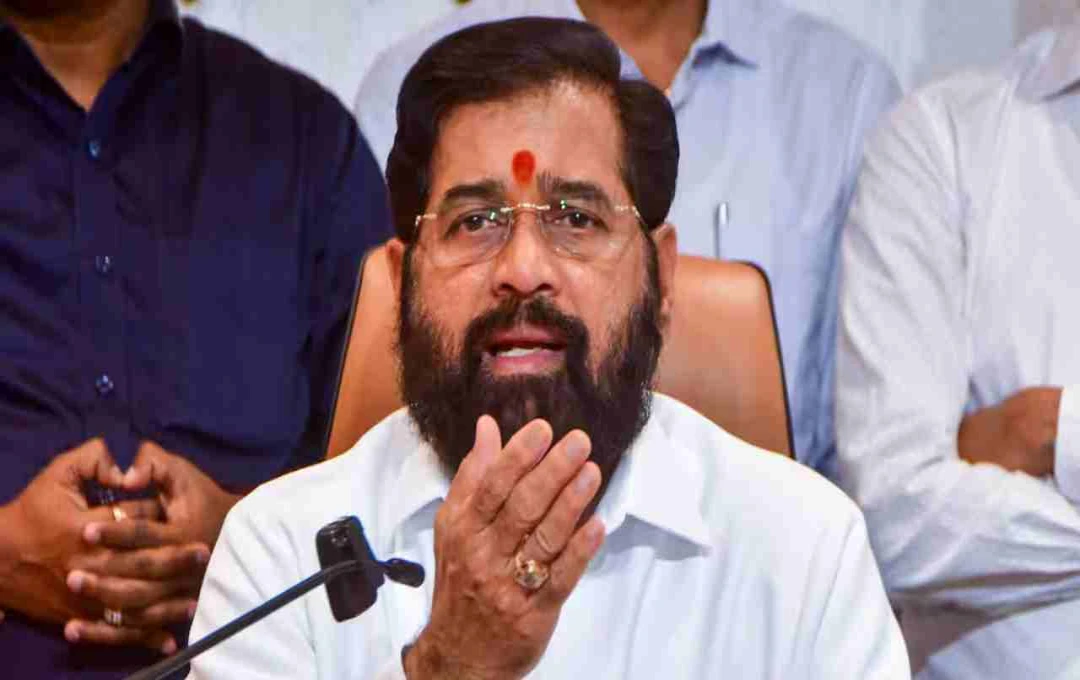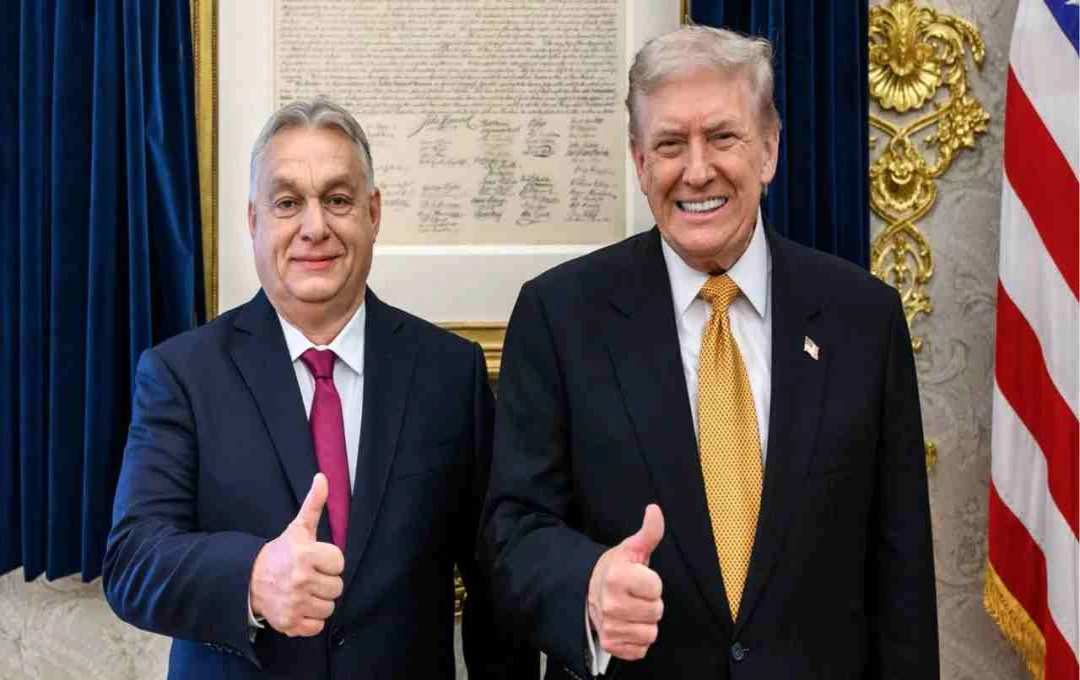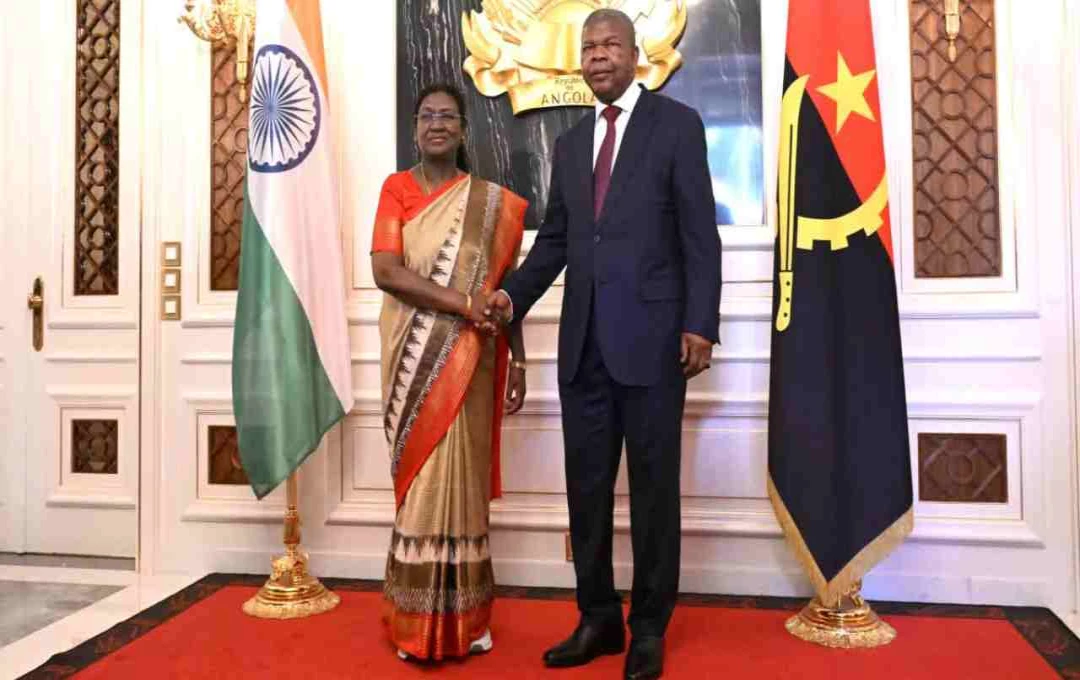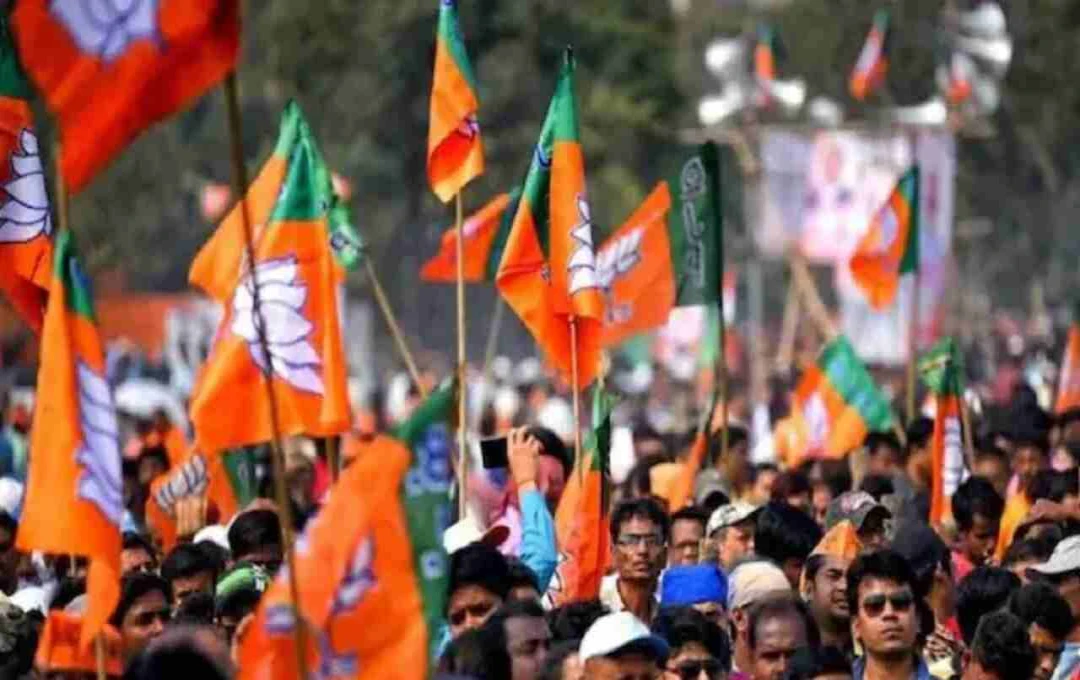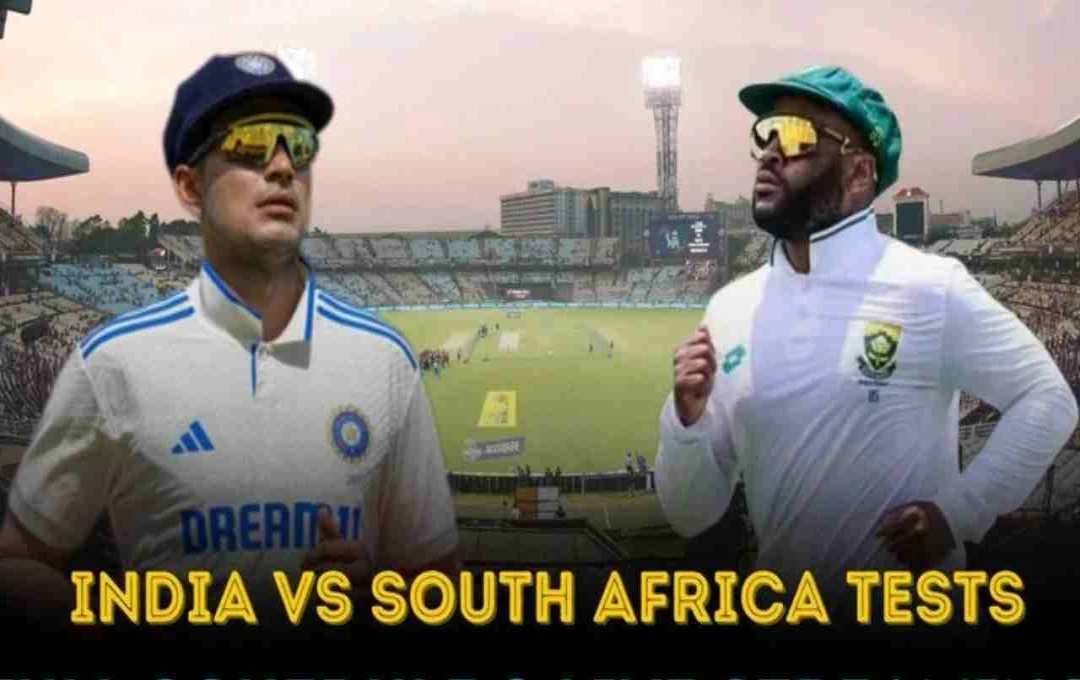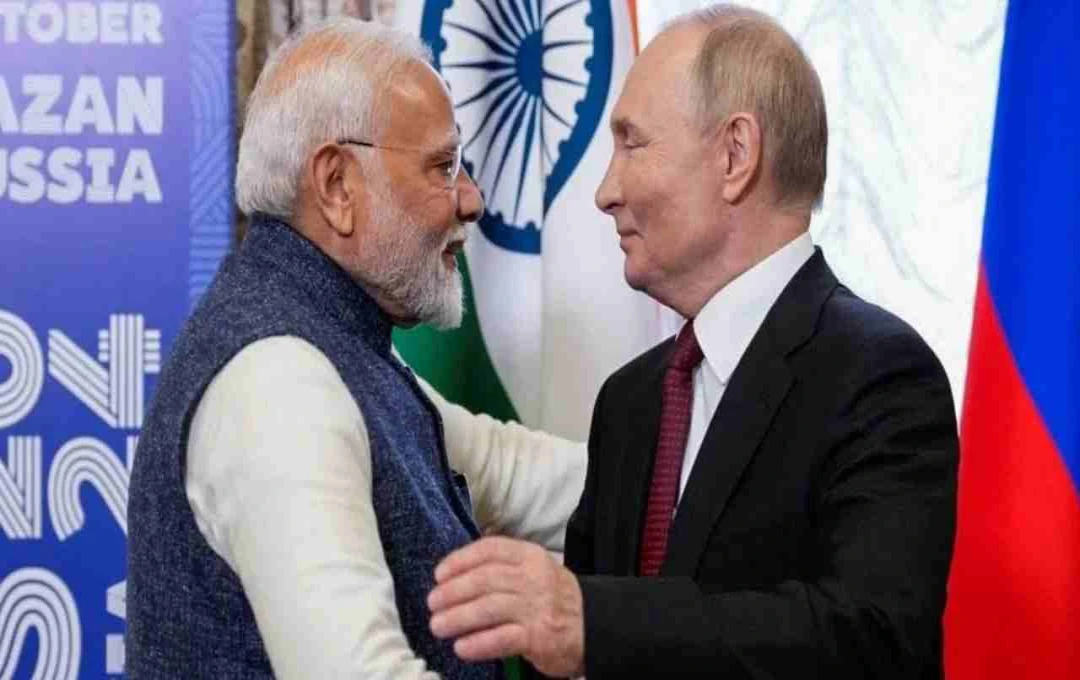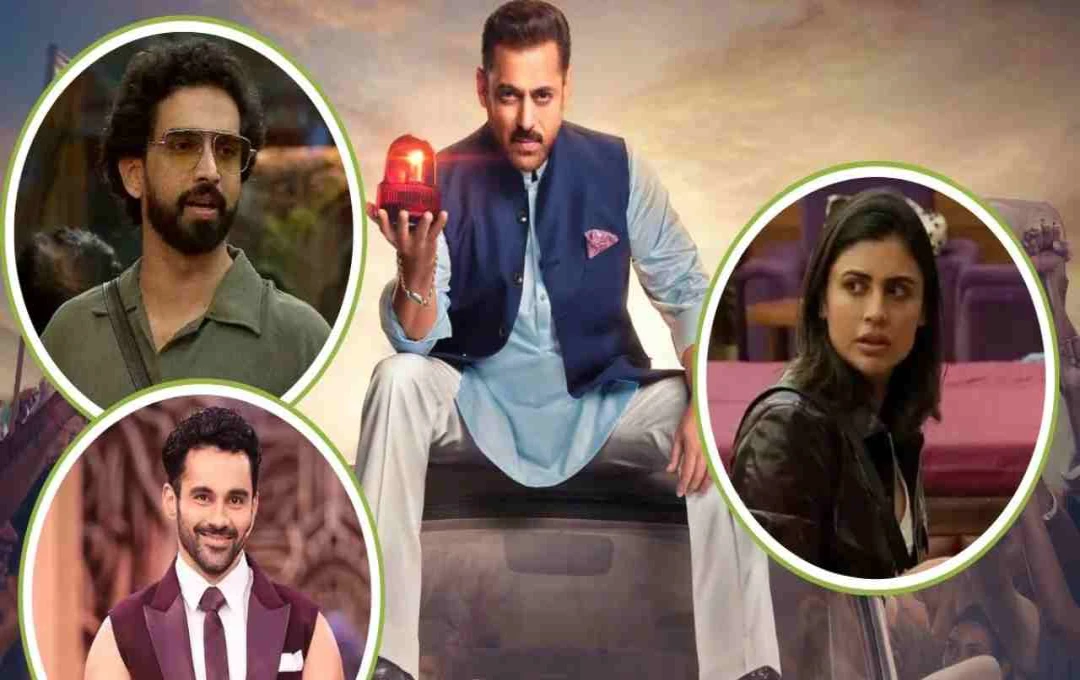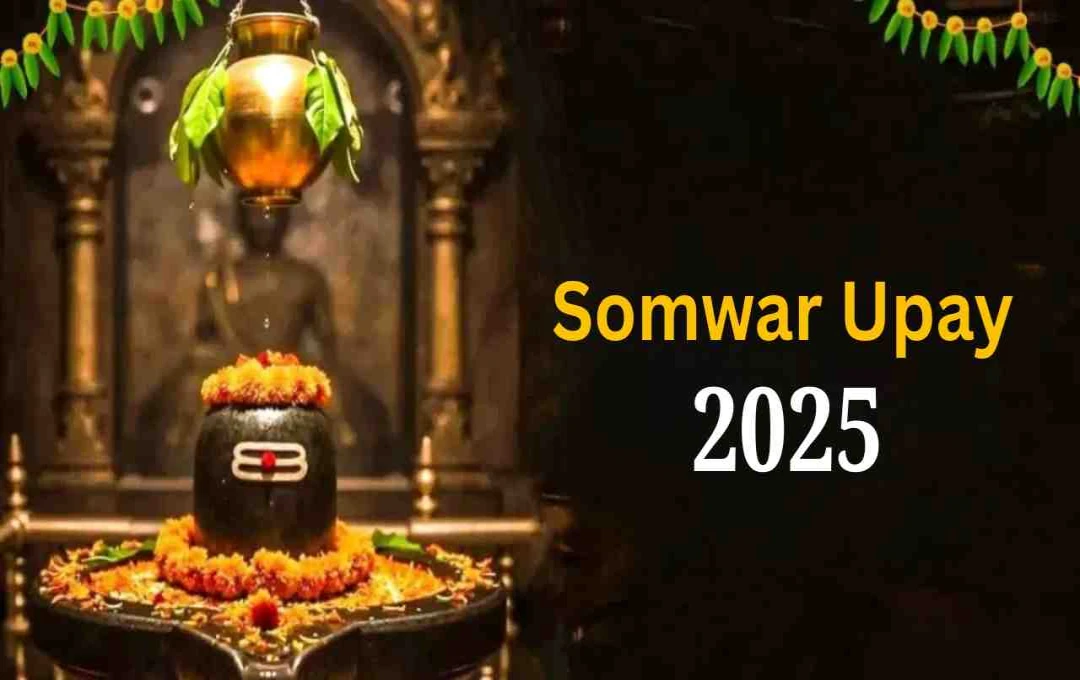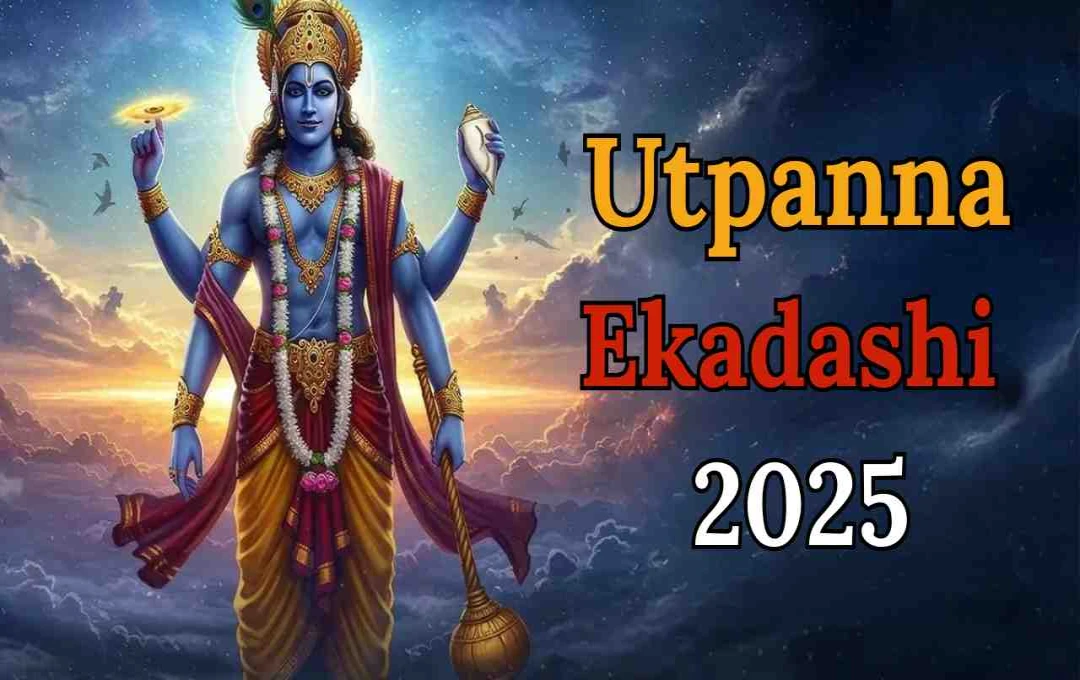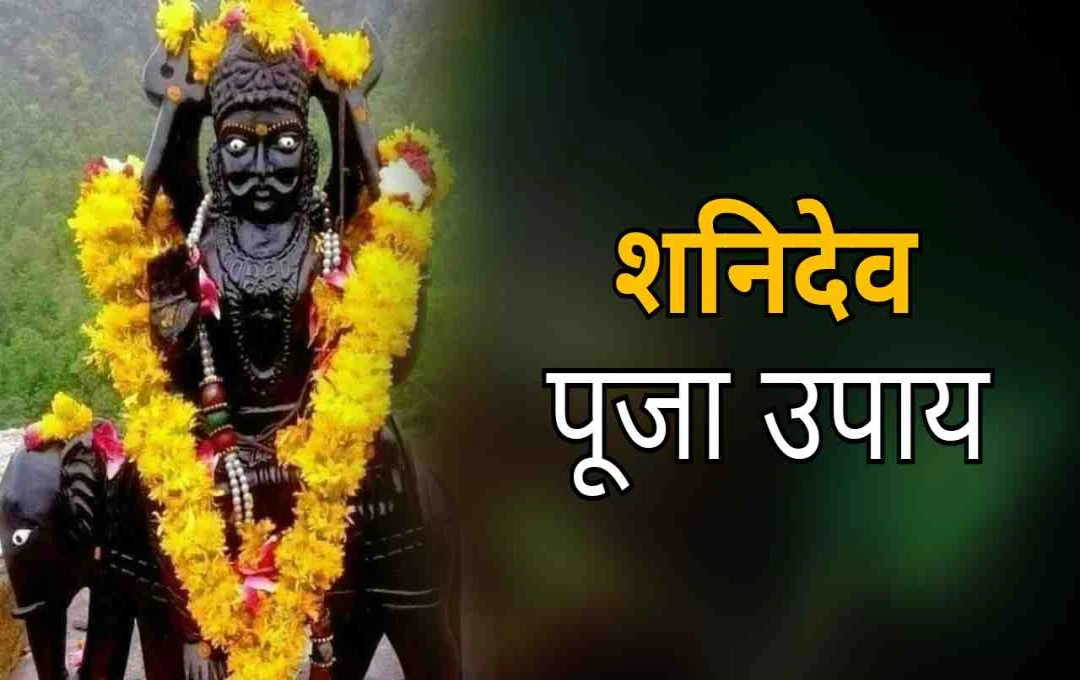Supreme Court, in a sharp remark on the petition of Bhupesh Baghel and his son, questioned why influential people directly approach the SC. The court advised them to go to the High Court.
Bhupesh Baghel ED Case: The Supreme Court, making a b observation on the petitions filed by former Chhattisgarh Chief Minister Bhupesh Baghel and his son Chaitanya Baghel, questioned why influential individuals directly approach the apex court when the High Court is also a constitutional court. The court advised the petitioners to first approach the High Court, adding that such a trend would limit access to the Supreme Court for ordinary citizens.
Supreme Court's Strict Stance
On Monday, the Supreme Court reacted bly to the trend of directly approaching it in criminal cases, especially where the petitioners are socially and politically influential. The court stated that it has become a new trend that when a wealthy person is under investigation or faces the threat of arrest, they directly seek refuge in the Supreme Court.
The bench of Justices Surya Kant and J.K. Maheshwari made it clear that if this practice continues, there will be no space left in the apex court for ordinary people and their regular lawyers. The court stated that the High Court is also capable of protecting constitutional rights and that such cases should be taken there first.
Question on the Petition of Bhupesh Baghel and His Son
This case is related to the alleged liquor scam and money laundering (PMLA) cases in Chhattisgarh. Former Chief Minister Bhupesh Baghel and his son Chaitanya Baghel had filed a petition in the Supreme Court against the actions of the central investigative agencies.
In their petitions, they challenged the punitive actions of the agencies and the provisions of the PMLA. They requested that the arrest process be stayed and the validity of the investigation be reviewed. However, the court, while hearing their petitions, stated that the High Court is the appropriate forum to consider this.
Why the Court Rejected the Justification for Approaching the Supreme Court
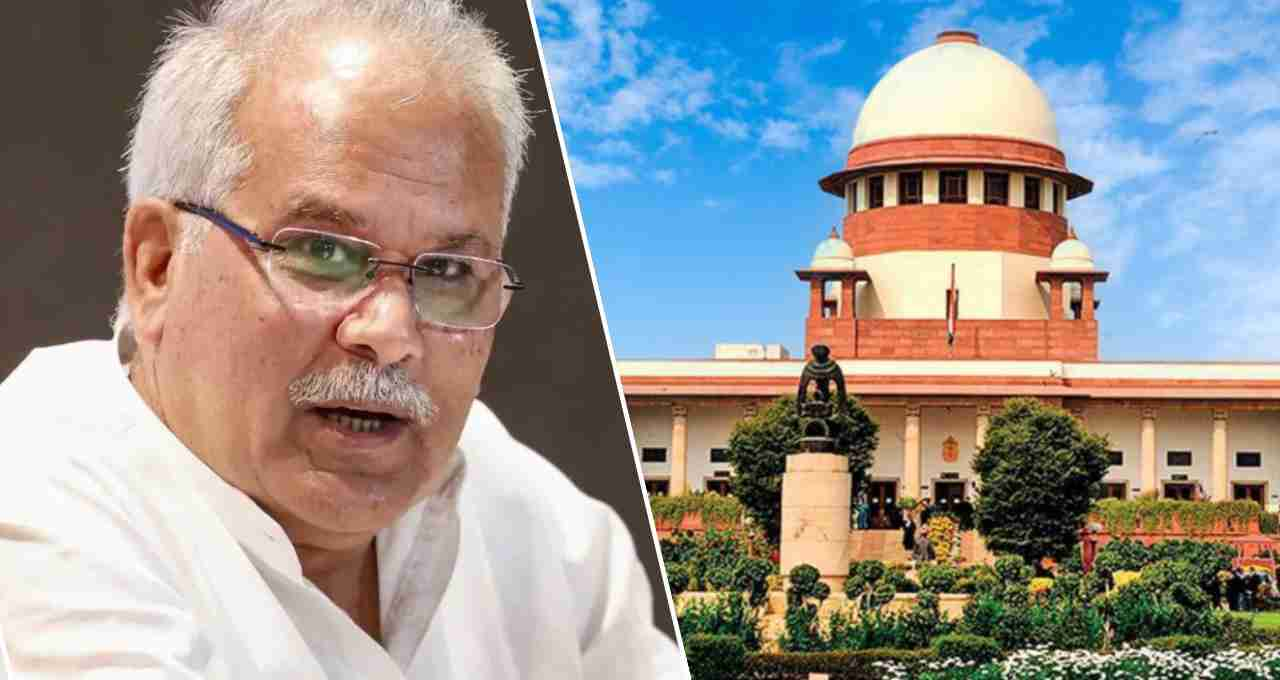
The Supreme Court questioned why the petitioners approached the apex court directly when they had the option of the High Court. The court explicitly stated that if every influential person starts coming directly to the Supreme Court, how will justice be served to the rest of the citizens?
Justice Surya Kant stated, "The High Court is also a constitutional court and has full power to make decisions. If this trend is not stopped, the Supreme Court will only be for influential people."
Arguments of Senior Advocates
Senior Advocate Kapil Sibal appeared on behalf of Bhupesh Baghel, and Abhishek Manu Singhvi appeared on behalf of his son. Both lawyers argued that the investigative agencies, especially the Enforcement Directorate (ED), are targeting people by filing charge sheets in piecemeal.
Sibal said that people whose names are not in the FIR or initial charge sheet are also made accused and arrested through supplementary charge sheets. He said that this trend is extremely dangerous and any innocent person can be suddenly arrested because of it.
Singhvi, in the case of Chaitanya Baghel, said that his name was not in any of the initial charge sheets. However, in March 2024, his house was raided, and later his name was added to a supplementary charge sheet and he was arrested.
Court's Clear Directive: Go to the High Court First
The Supreme Court clearly directed both Bhupesh Baghel and his son to approach the High Court first. The court said that the Supreme Court only intervenes when there is an extremely exceptional circumstance. Otherwise, every accused should first present their case in the High Court.
The bench said that if we start hearing every case directly, the relevance of the lower courts and High Courts will be eliminated. The court also expressed concern that this would put an excessive burden on the justice system.
Court's Displeasure on VIP Culture
The Supreme Court's comment was not just a legal technical issue, but also a major warning about the increasing interference of VIP culture in the judicial process. The court said that when a wealthy person comes directly to the Supreme Court, they bypass the normal process. This is detrimental to ordinary citizens who wait for years for their hearing.
